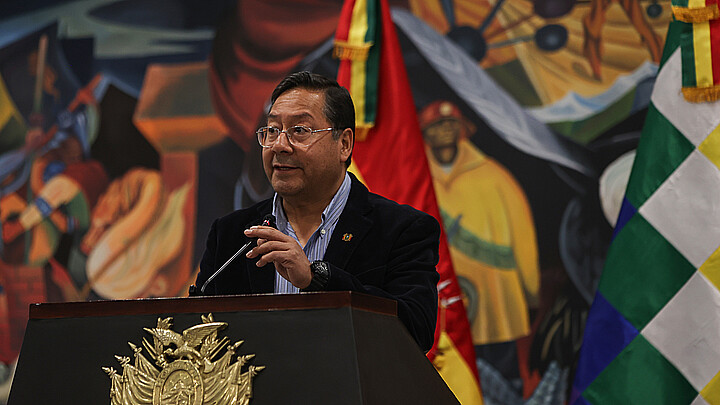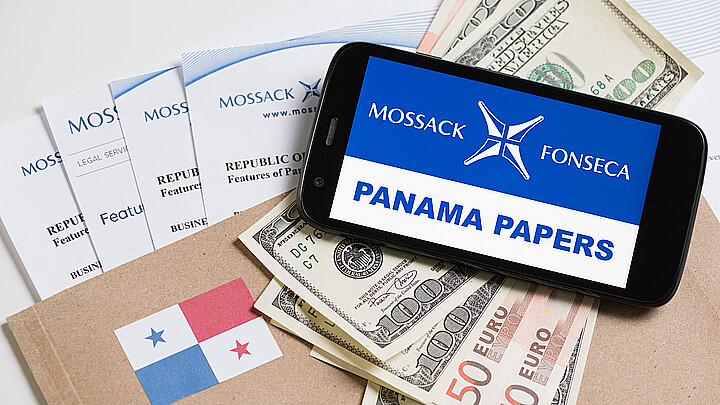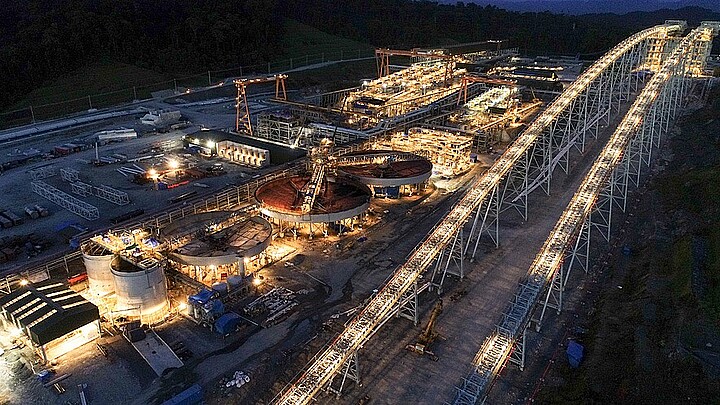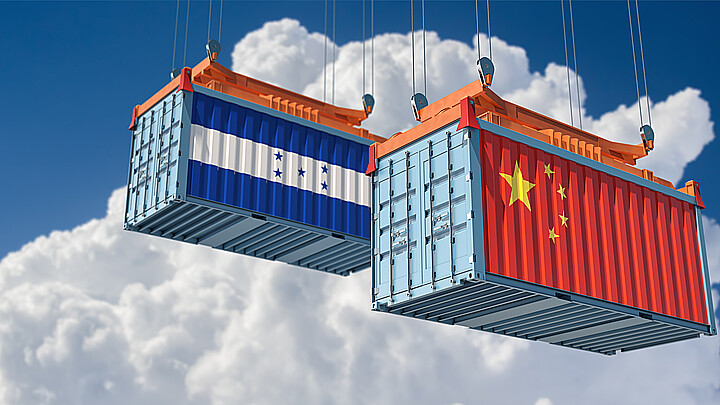Business
United Nations: Latin America and Caribbean see record 51% investment increase in 2022
"FDI (foreign direct investment) flows to the region had not surpassed $200 billion since 2013, so the 2022 recovery marks a major investment milestone for the past decade," according to the U.N.

July 11, 2023 8:30am
Updated: July 11, 2023 9:48am
Latin America and the Caribbean saw record investment in the region last year, according to a new report by the United Nations published on Monday. The primary nation state investors remain the United States, Spain and the Netherlands with most investments aimed at critical mining, oil and gas for transportation infrastructure.
According to a July 5 report published by the U.N. Conference on Trade and Development and the international organization's Economic Commission for Latin America and the Caribbean (ECLAC), last year's regional foreign direct investment (FDI) reached $208 billion, an increase of 51%.
This marks an increase by 51% to $208 billion from 2021’s figure of $138 billion, a milestone that reached the highest level ever recorded for the region.
Foreign Direct Investments
"FDI flows to the region had not surpassed $200 billion since 2013, so the 2022 recovery marks a major investment milestone for the past decade," ECLAC said in the report.
FDIs are a type of cross-border investment in which an investor, company, or foreign government establishes a lasting interest or stake in a company or project in another country.
Last year’s cross-border investments in Latin America and the Caribbean focused on services, oil and gas, and manufacturing sectors, according to the report.
The impact of the surge of FDIs in the region increased its gross domestic product (GDP) to 4%. Additionally, the number of mergers and acquisitions increased by 7%, reaching $30.15 billion in value over the course of the year.
Cross border investment increases by country
Most of the investments in 2022 were directed toward Brazil, which is the largest economy in the region. The South American country received 41% of investments, representing a 70% increase to $86 billion from last year, the second-highest level ever recorded, a spike reportedly due to a doubling of reinvested earnings.
"The number of international project finance deals also rose by 29% to 138, ranking the country fifth, worldwide," the report says.
Mexico was the second-largest recipient of FDIs, which increased by 12% from the previous year to $35 billion.
In other countries, international financing more than doubled: in Argentina up to $15 billion, in Peru to $12 billion, and Colombia saw an 82% spike to $17 billion.
In the Caribbean, FDIs increased by 53% to $3.9%, mainly driven by a surge in inflows to the Dominican Republic, which increased to $4 billion.
Flows to Mexico, the second-largest recipient in Latin America, increased by 12% to $35 billion.
That country experienced "a rise in new equity investment and reinvested earnings. The value of net cross-border mergers and acquisitions (M&As) jumped to $8.2 billion (from less than $1 billion in 2021)," the report explains.
In the Caribbean, FDIs increased by 53% to $3.9 billion, mainly driven by growth in inflows to the Dominican Republic, to $4 billion.
Industries investing in Latin America
The report also broke down the types of investments in the region, revealing the following:
Oil and Gas: The number of announced international project finance deals fell by 18%, with declines mostly in mining, transport infrastructure, oil and gas.
Greenfield Projects: Latin American and Caribbean multinational enterprises (MNEs) had 62% of the value of their greenfield projects in the region. The value of announced greenfield investment increased by 57%, with most commitments going to the extractive and automotive industries.
Manufacturing: Cross-border M&A activity increased by 80% to $15 billion. The manufacturing sector recorded the highest increase in net sales, particularly in food, beverages and tobacco, chemicals, paper and paper products.
Services: The services sector remained the largest sector, with net sales worth $9.6 billion, mainly in information and communication.
The report says FDIs increased last year as a result of the winding down of the coronavirus pandemic, a time when many corporations refrained from investing.
Those companies are now resuming their investment strategies, which is partially responsible for the spike, the report says.










